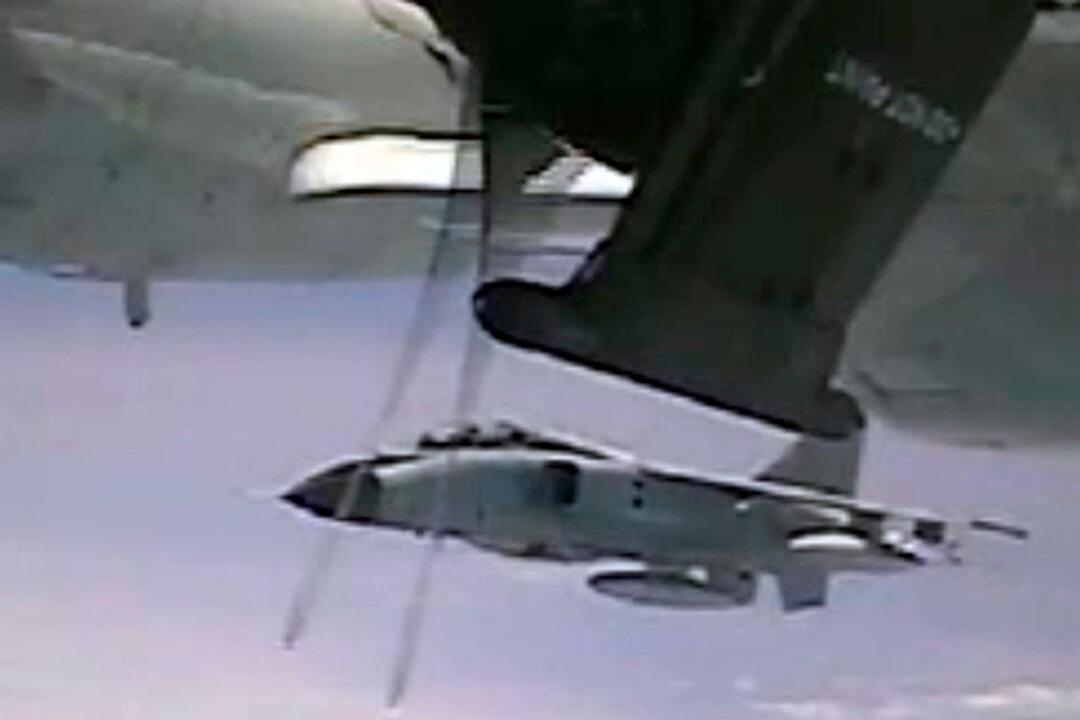Chinese warplanes have aggressively intercepted more than 180 U.S. military aircraft over the past two years, a number that’s more than all the hostile intercepts during the previous decade combined, the Pentagon says.
The Chinese regime’s “coercive and risky operational behavior” in the Indo-Pacific risks open conflict between the world’s two largest economies, according to Ely Ratner, assistant secretary of defense for Indo-Pacific security affairs.




